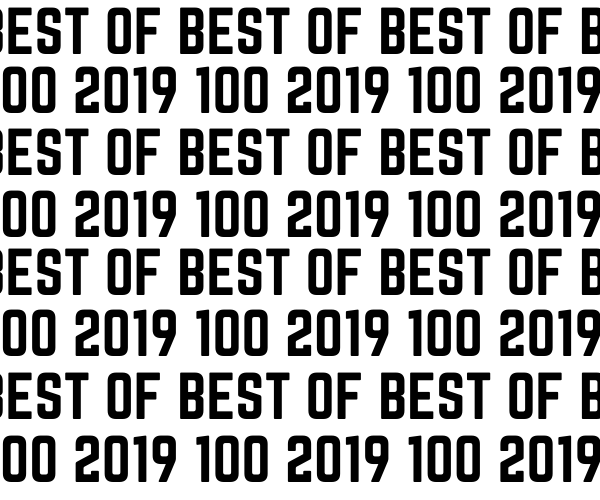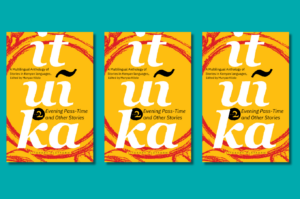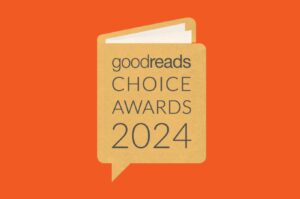
As yet another year draws to a close, literary lists of various sorts are once again filling our newsfeeds. During the first week of November 2019, BBC Arts released a list titled “100 Novels That Shaped Our World.” On that list, Brittle Paper noted that there were five novels by African authors which, in the words of BBC Arts, “have had an impact” on the ways “our world” thinks about topics such as “identity,” “life, death, and other worlds,” and “class and society.” These novels were:
- Things Fall Apart, by Nigerian author Chinua Achebe
- Half of a Yellow Sun, by Nigerian author Chimamanda Adichie
- Homegoing, by Ghanian-American author Yaa Gyasi
- Astonishing the Gods, by Nigerian author Ben Okri
- Disgrace, by South African author J.M. Coetzee





The second week of November 2019 has come to pass, and two other literary lists have been released: TIME Magazine‘s list of “The 100 Must-Read Books of 2019” and Kirkus Reviews’s “Best Fiction of 2019.” Upon the release of these lists, we began noticing a rather curious phenomenon: once again, each list featured five novels by African authors or authors of African heritage. Below are the titles of the books and their authors that were included in these two lists:
For TIME‘s list of “The 100 Must-Read Books of 2019”:
- Girl, Woman, Other, by Nigerian-British author Bernadine Evaristo
- The Other Americans, by Moroccan-American author Laila Lalami
- The Old Drift, by Zambian author Namwali Serpell
- The Shadow King, by Ethiopian-American author Maaza Mengiste
- An Orchestra of Minorities, by Nigerian author Chigozie Obioma





(All the above novels fall under the category of “Realistic Fiction.” For the full list, click here.)
For Kirkus Reviews’s list of the “Best Fiction of 2019,” a list of 101 books:
- Girl, Woman, Other, by Nigerian-British author Bernadine Evaristo
- The Other Americans, by Moroccan-American author Laila Lalami
- The Old Drift, by Zambian author Namwali Serpell
- Out of Darkness, Shining Light, by Zimbabwean author Petina Gappah
- Gingerbread, by Nigerian-British author Helen Oyeyemi





(All the above novels fall under the category of “Fiction.” For the full list, click here.)
Given this emerging pattern of five-African-or-African heritage-names per literary list (at least for 2019, and for lists of at least 100 books long), we are wondering: is five the magic number which list-makers in the mysterious universe of annual-book-list-making feel compelled to adhere to? If so, is five a number which signals a maximum amount of names (“there must be AT MOST five African authors per list!”), or a number which signals a minimum amount of names (“there must be AT LEAST five African authors per list!”)? On top of that, what makes “five” the magic number anyway?
Of course, one might point out as a counter-example that Publishers Weekly‘s “Best Books of 2019” list only included two novels by African authors: Chigozie Obioma’s An Orchestra of Minorities, for the category of “Fiction,” and Nigerian-American author Akwaeke Emezi’s PET, for the category of “Young Adult.” But perhaps that is the exception which proves the rule. In view of all the wonderful novels by African authors or authors of African heritage published this year, five seems too low a number for a list of at least 100 books. Yet in view of all the wonderful novels by authors from elsewhere in the world published this year, perhaps five is just the right amount for such lists. We’re not sure. What do you think?
On that note, let us take the opportunity here to announce that we will be releasing Brittle Paper’s own “100 Notable Pieces of 2019” in December. You can count on that list being 100% filled with works by African authors.









Ese December 02, 2019 08:03
Absolutely. There definitely is an African quota and it seems 5 is the magic number. Looking forward to your list.